STOMACH CANCER
Treatment and Surgery in Delhi, India
-
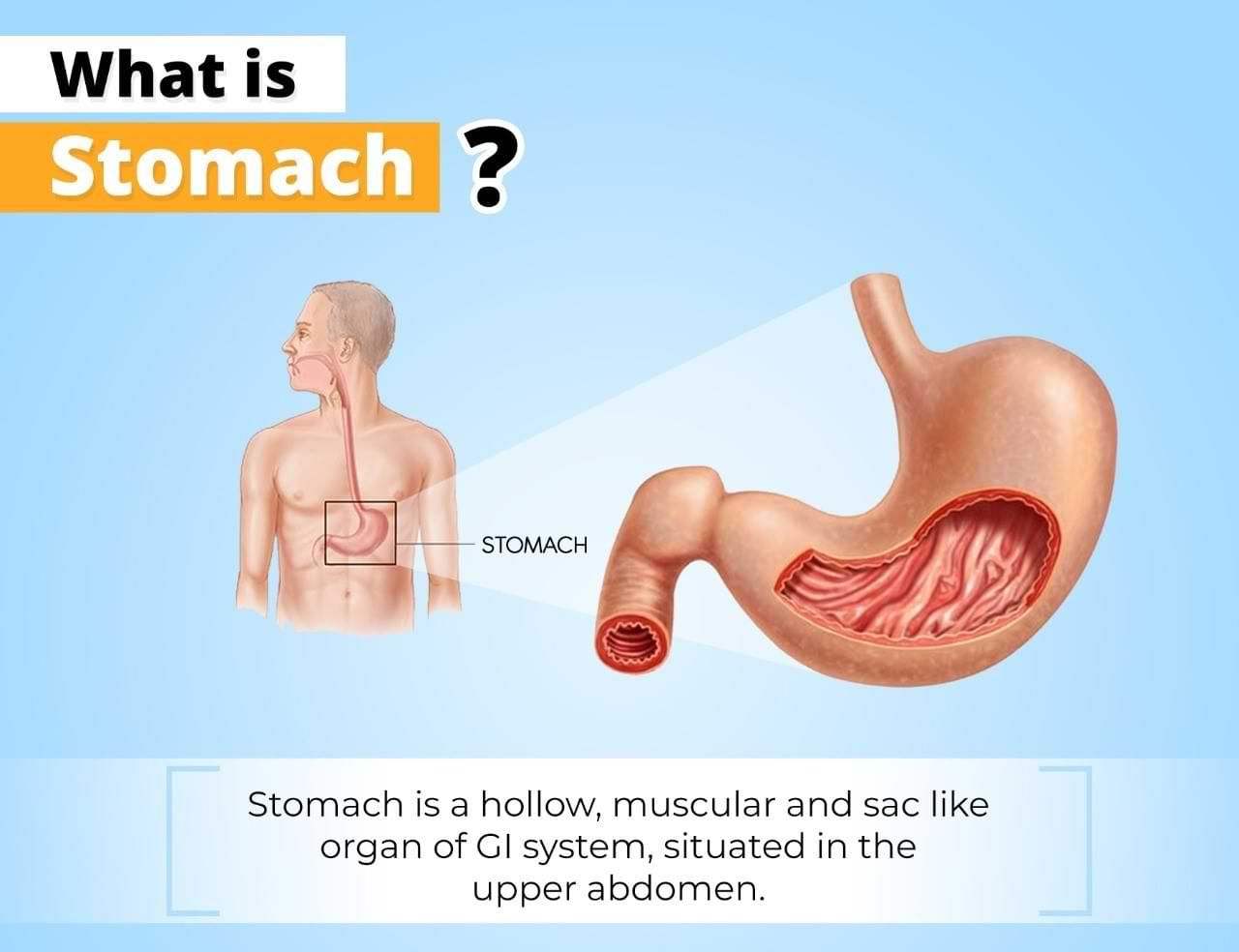
What is Stomach?
The stomach is a muscular organ in the gastrointestinal tract that is responsible for storing and breaking down food. It is located in the upper abdomen, and its walls are lined with glands that produce stomach acid and enzymes to help digest food. The food is mixed with stomach acid and enzymes to form a thick liquid called chyme, which is then passed on to the small intestine for further digestion and absorption of nutrients.
-
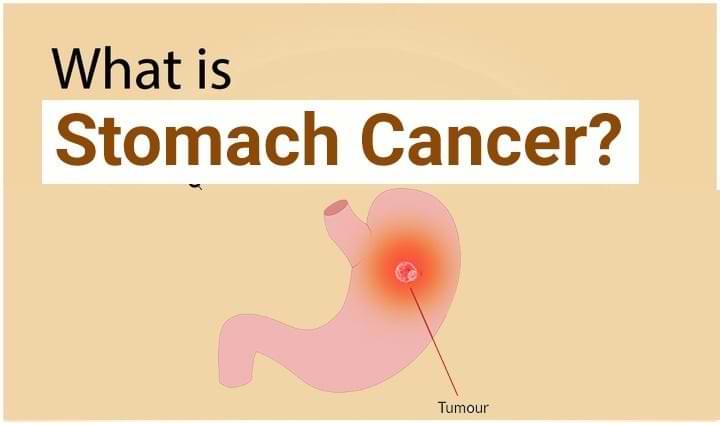
What is stomach cancer?
Cancer begins when an error (mutation) occurs in a cell's DNA. The cells then divide and grow uncontrolled. These accumulated cells form cancer. Stomach cancer, also called gastric cancer, begins in the innermost layer, mucus-producing cells that line the stomach. It then advances and spreads.
Stomach cancer is the 5th most commonly diagnosed cancer in the world. Over 10 lakh cases of gastric cancer are diagnosed each year around the world.
-
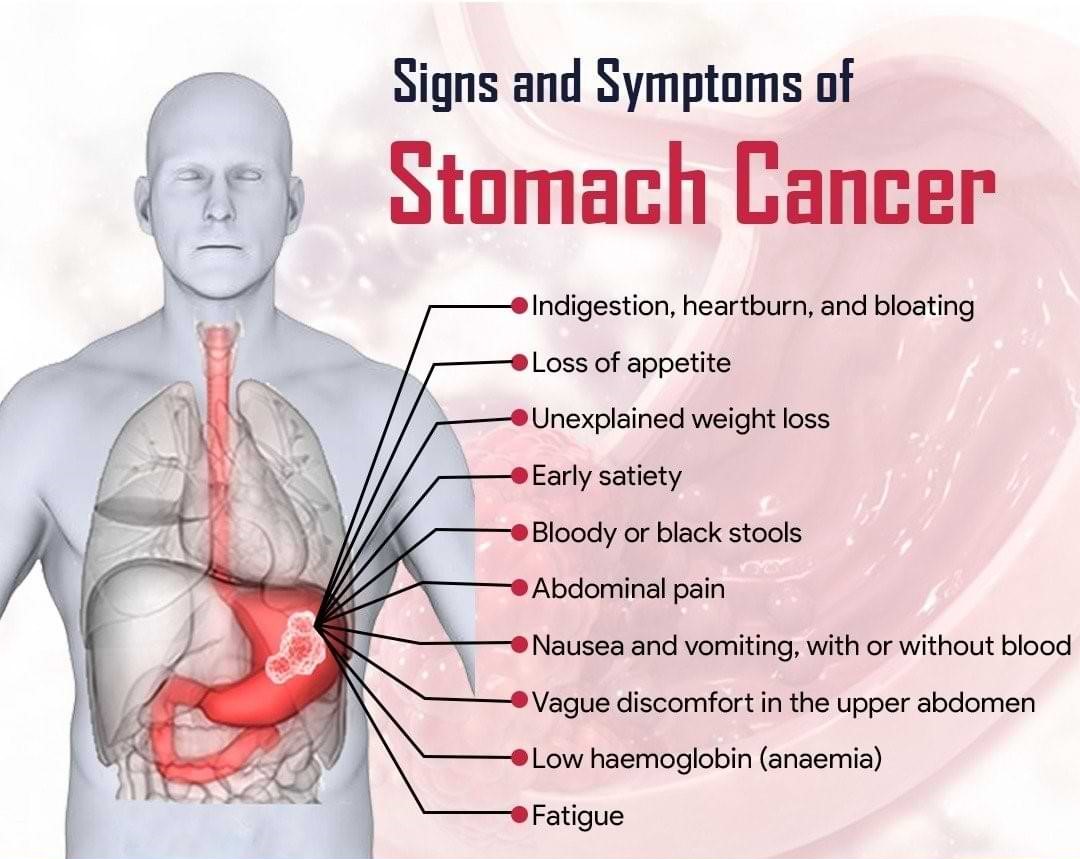
What are signs and symptoms of stomach cancer
Gastric cancer like most gastrointestinal cancers is asymptomatic in initial stages.
The symptoms include:
- Indigestion, heartburn, and bloating
- Loss of appetite
- Unexplained weight loss
- Early satiety (feeling full after eating only a small amount of food)
- Bloody or black stool
- Abdominal pain, which may be worse after meals
- Nausea and vomiting, with or without blood
- Low haemoglobin (anaemia)
-
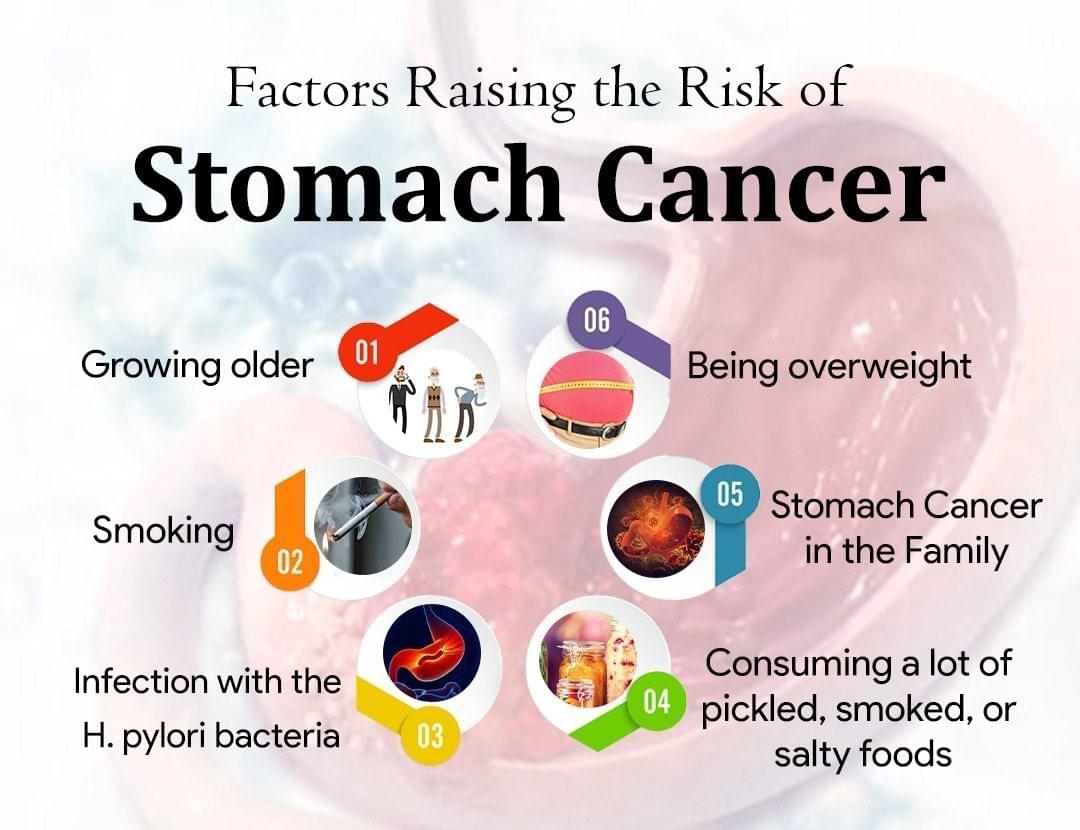
What are the risk factors for stomach cancer?
Anything that increases the risk of someone getting cancer is a risk factor.
Risk factors for stomach cancer are:
- Older age
- Male gender
- Infection with a bacterium called H. pylori
- Persistent inflammation called gastritis
- Certain types of polyps in the stomach
- Smoking
- Obesity
- Diet high in smoked, pickled or salty foods
- Diet deficient in fruits and vegetables
- Family history of stomach cancer
-
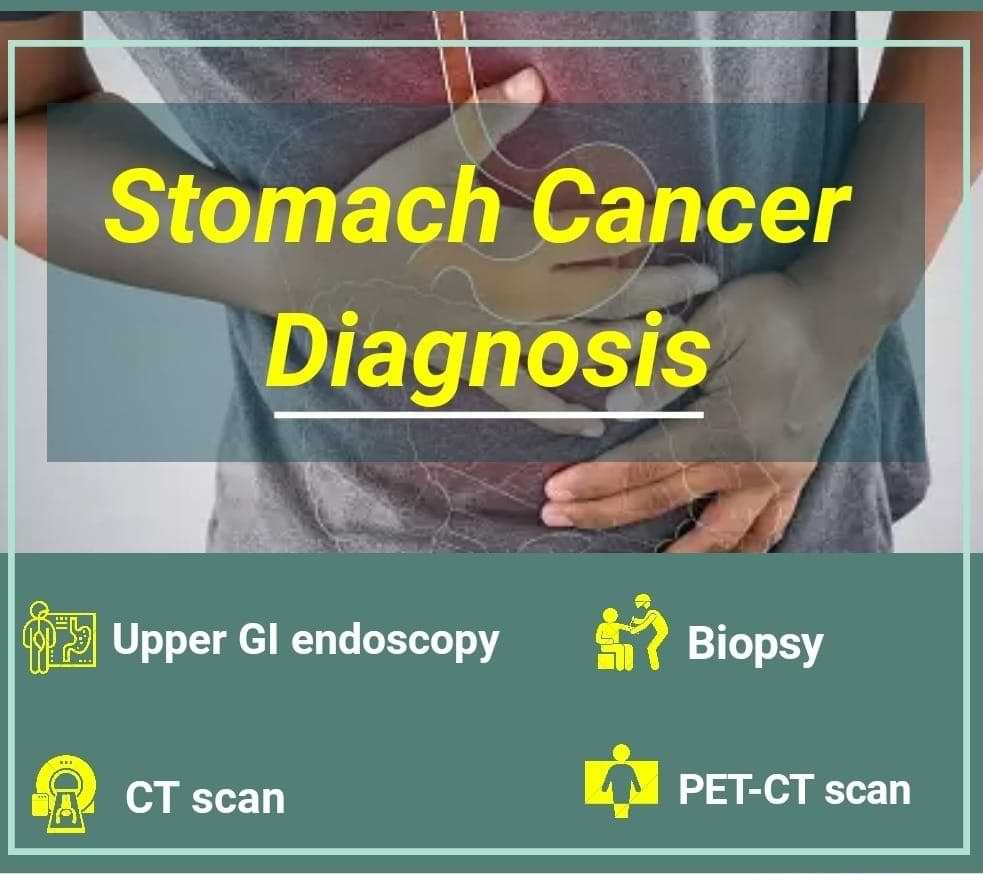
How is stomach cancer diagnosed?
An upper GI endoscopy can detect the presence of stomach cancer. In this, the stomach is viewed from within through a thin, flexible camera. Any abnormality is sampled, and the diagnosis is confirmed by a microscope examination.
-
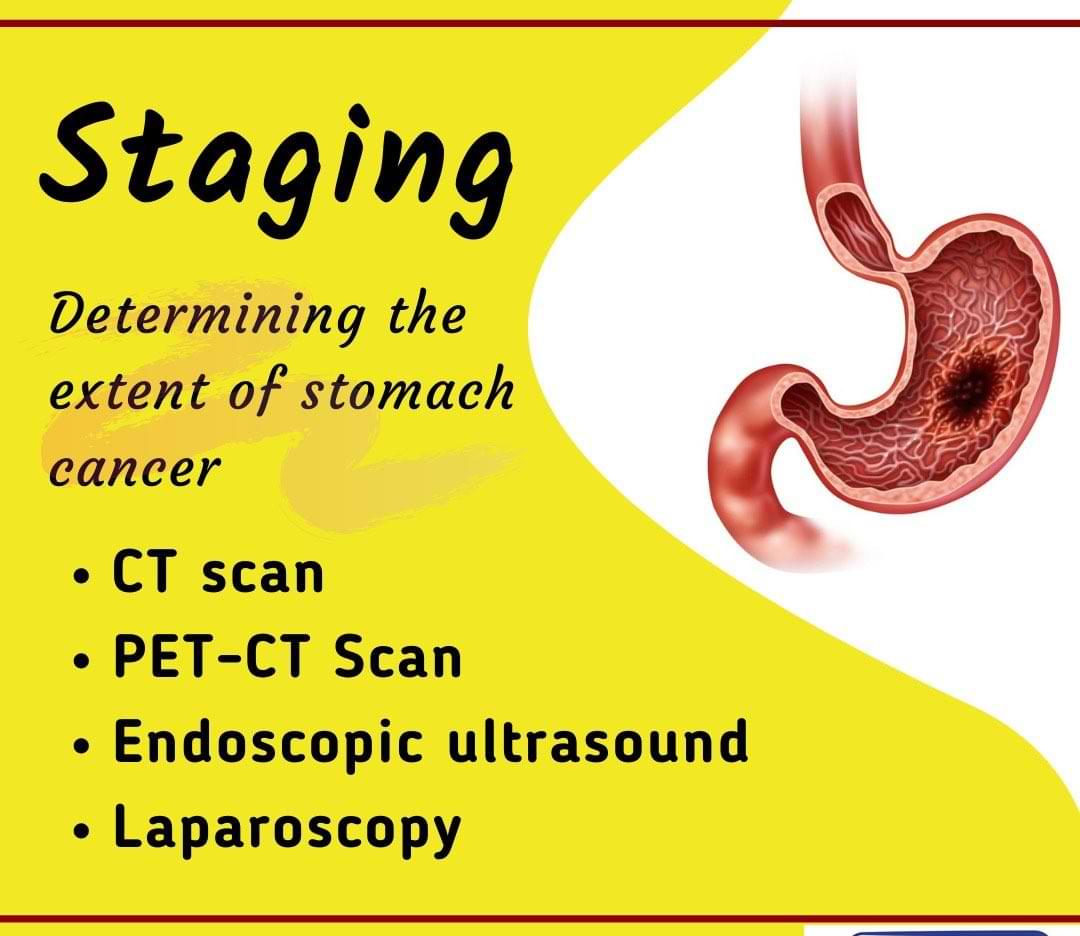
how to determine stage of stomach cancer?
Finding the disease's full extent is staging. We do tests to determine the extent of the tumor's spread after the diagnosis. This is done with a PET-CT or CT scan.
-
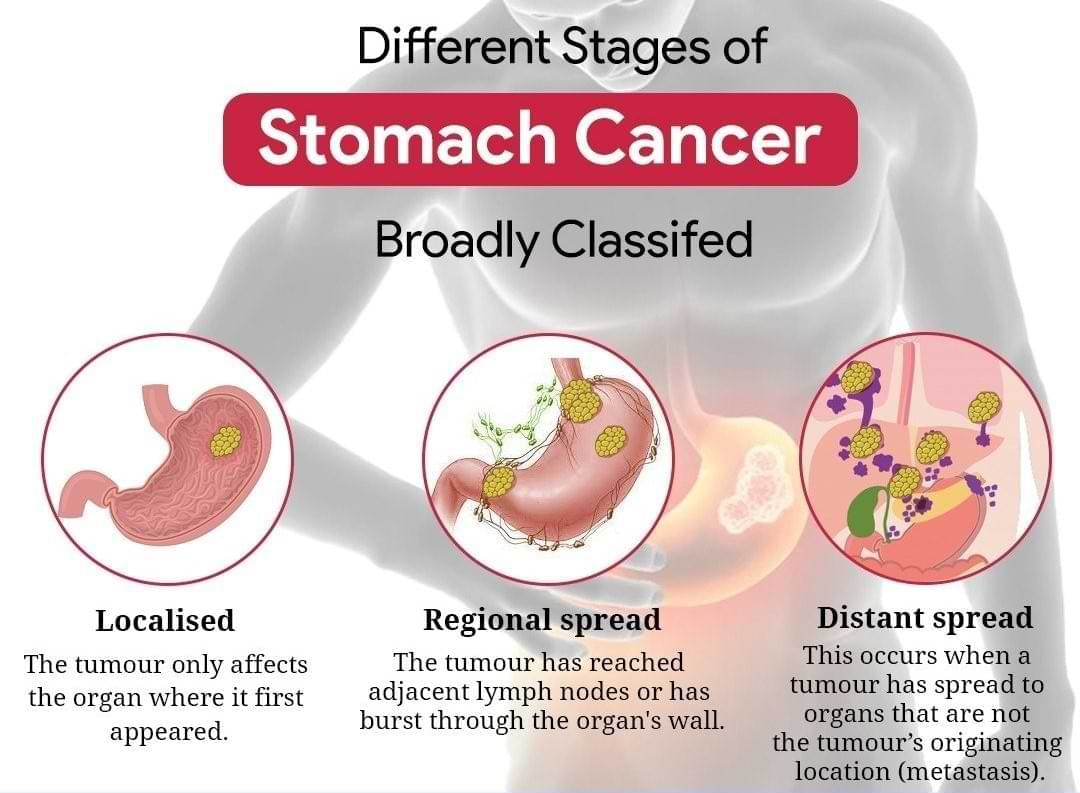
What are the stages of stomach cancer?
Stomach cancer is broadly classifying into:
Localised - Tumour is limited to the organ in which it started.
Regional spread - The tumour has spread to nearby lymph nodes and/or has come out of the wall of the organ in which it started.
Distant spread - The tumour has spread to organs, which are away from the organ of origin of the tumour, called metastasis.
-
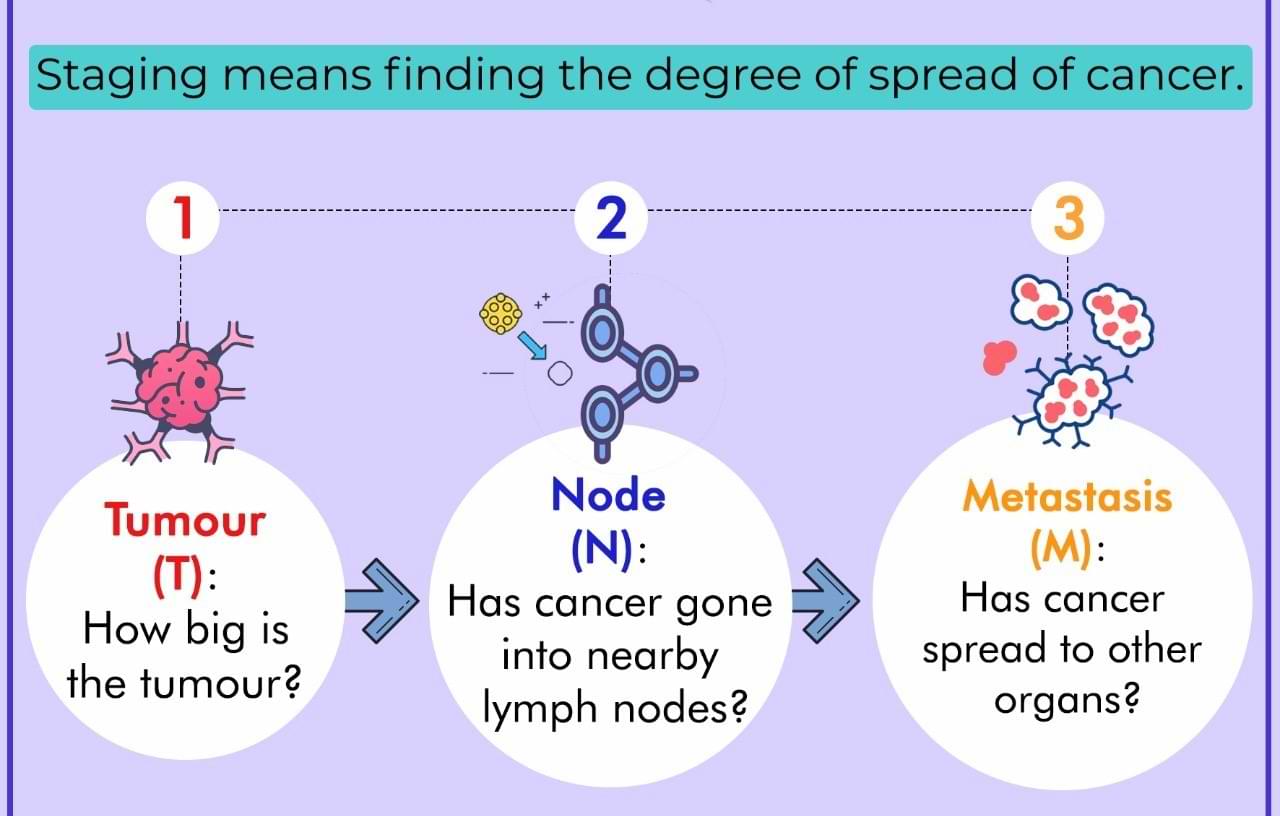
What is TNM staging?
The extent (size) of the tumour (T): How far has cancer grown into the 5 layers of the stomach wall? Has cancer reached nearby structures or organs?
The spread to nearby lymph nodes (N): Has cancer spread to nearby lymph nodes? And to how many?
The spread (metastasis) to distant sites (M): Has cancer spread to distant lymph nodes or distant organs such as the liver or lungs?
Stomach cancer stage ranges from I to IV. Chances of recovery from cancer (prognosis) depend on the stage of the disease at the time of diagnosis.
The definite stage is determined after surgery by histopathological examination of the removed cancer specimen. It is called surgical staging. The stage determined after imaging tests is the clinical stage.
-
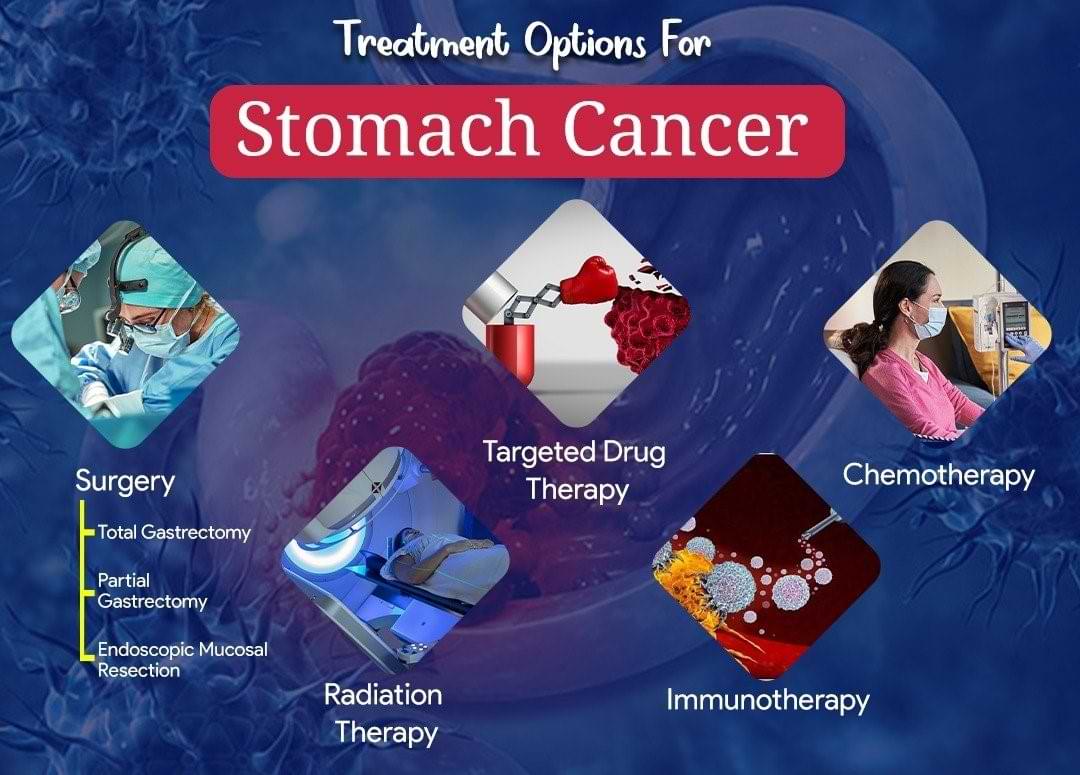
how is stomach cancer treated?
Surgery, chemotherapy, and radiation therapy are used to treat stomach cancer. The exact treatment will depend on the cancer's stage and location and the patient's general health. Surgery is the mainstay of treatment for stomach cancer and it involves removing part or all of the stomach with adjacent lymph nodes. The surgery for stomach cancer is called radical gastrectomy. Cancer cells are further eliminated with chemotherapy and radiation therapy. Chemotherapy or chemoradiation might be administered prior to surgery or after surgery.
-
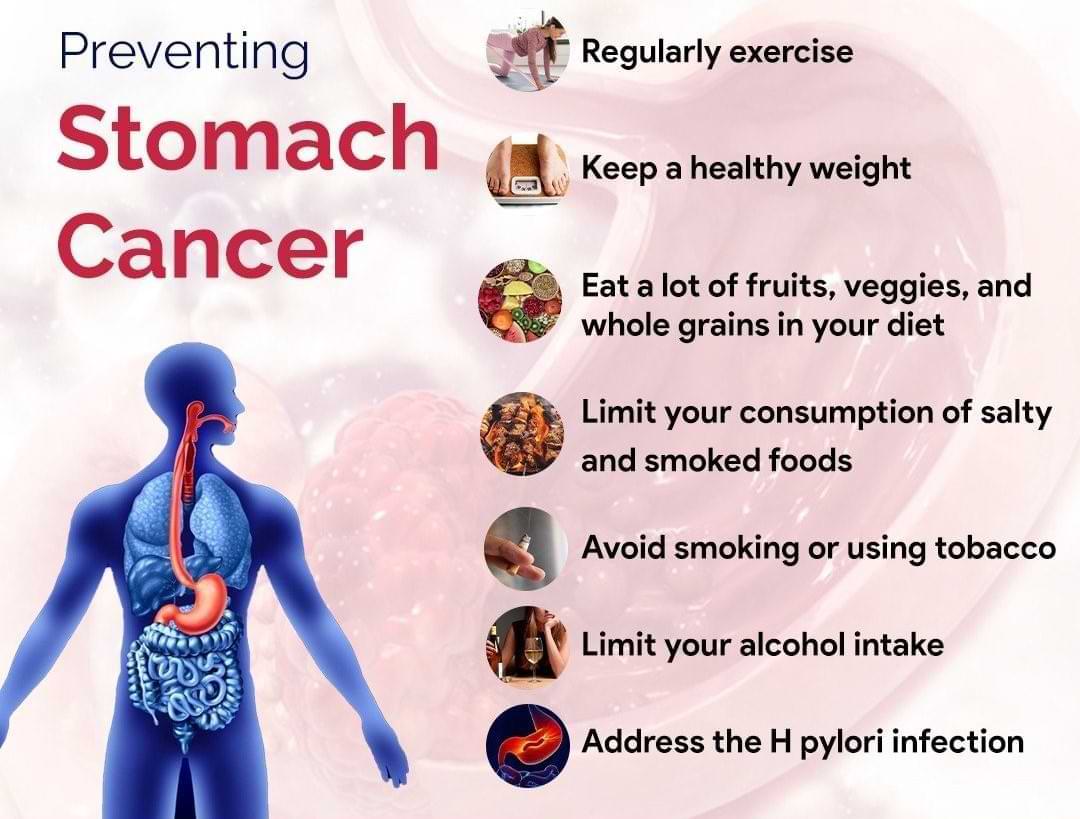
How to reduce the risk of stomach cancer
We can lower our risk by taking the following steps:
- Regular physical activity and exercise
- Maintain a healthy weight
- Eat a healthy diet rich in fruits, vegetables and whole grains
- Reduce the intake of salty and smoked foods
- Avoid tobacco and smoking
- Limit alcohol intake
- Treating H pylori infection


